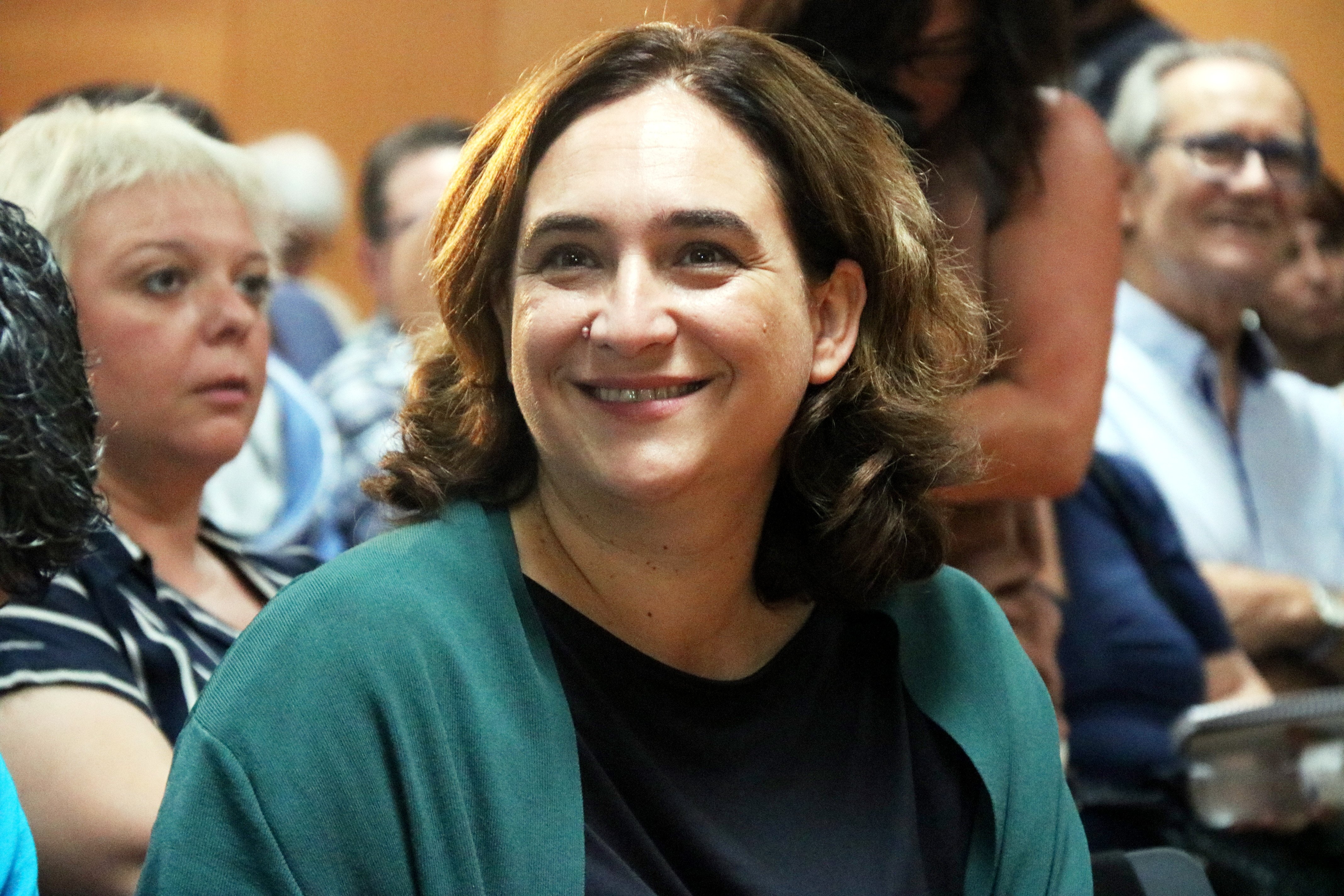Concern for safety in the streets of Barcelona has skyrocketed in the last municipal opinion poll, which was released this Thursday, reaching top position among the city's perceived problems, ahead of housing. According to the data made public in this Barcelona city council survey, concern about this issue has grown in the last six months from 6% to 21%, while housing has fallen to second place at 12.1%, with the third placed problem being the relationship between Catalonia and Spain.
The problem of public safety in Barcelona rose from sixth to first place in the ranking in just six months, and at 21% is at its highest level in a decade. The last time the concern about safety in the city was comparable was in 2009, with 20%, still below this survey's 21%, and for an even higher figure, we have to go back to 2006, when it was the most worrying problem for 22% of those surveyed.
The full list of problems that Barcelona residents perceive for the city starts with public safety (21%), access to housing (12.1%), the relationship between Catalonia and Spain (7.3%), traffic and circulation (6.3%) and municipal political management (6.2%). Tourism (5.2%), which was ranked first in the June 2017 poll, now falls to seventh place behind unemployment (5.5%), which also shows a downward trend.
Colau's rating falls
Parallel to these changes, the rating of Ada Colau's city council team has fallen. Just over half of citizens - 52.2% - still approve of the current leadership's management (regarding it as very good, good, or average), but 40.5% rate it as poor or very poor, the highest percentage since December 2015. In addition, the percentage who give a good or very good assessment to the BenComú team has fallen by almost 12 points with respect to the last poll in June 2018, reaching only 43.4%.
The opposition parties have already launched criticisms of the mayor based on the new results, blaming the municipal team for the problems of public safety, despite the fact that deputy mayor Gerardo Pisarello had attributed the problems to the application of article 155 on the Catalan Mossos d'Esquadra police -with the corresponding changes forced on the police force- as well as the 2017 terrorist attack. Some critics of the current council have suggested that Ada Colau should reconsider standing at the next municipal elections after a result that they describe as "reprehensible and negative".
However, the poll also found that Barcelona residents gave positive assessments to two important council measures, the planned connection of the two Diagonal tramways, which got a thumbs-up from 62.9% of Barcelona residents, and the decision to require new housing developments to include 30% for publically subsidised housing, which was positively valued by a massive 85.2% of barcelonins.
The Catalonia-Spain relationship
As well, 59.9% believe that the Barcelona's situation has worsened in the last year, while 65.8% think the same about Catalonia and, even higher, 67.3% for Spain's situation. In fact, the fit of Catalonia in Spain is the second most serious "personal" problem identified by the people of Barcelona, for 12.9% of respondents, although the main personal problem that concerns them is job-related - either unemployment or working conditions - with 15.4%.
28.4% of Barcelona residents believe that the current economic situation of the city has improved in the last year, 12.2% believe that it has remained the same and a growing number of people think that it has worsened, a figure that stands at 51.8%. With regard to future economic prospects, 52.6% of citizens believe that the state of the economy will improve, 27.8% say it will worsen and 9% think it will stay the same.
On the other hand, the percentage who believe that their family economy has improved rises from 24.1% to 27.8%, although Barcelona residents who believe that their home's economy will do better in the future continue at around the same level, 45.3% in this poll. The proportion who are positive about the situation in Barcelona for those seeking work has fallen from 39.6% to 36%.
This poll is the last such municipal survey of the current council mandate and does not include questions about political and electoral preferences due to the proximity of the municipal elections, in May. The six-monthly Barcelona barometer was carried out via telephone surveys of 800 residents of Barcelona between November 27th and December 5th, coinciding with the elections in Andalusia.

